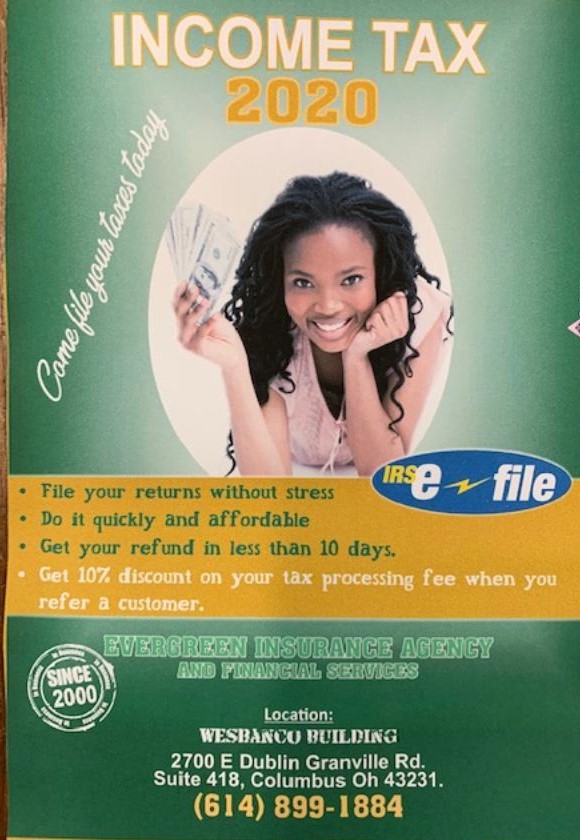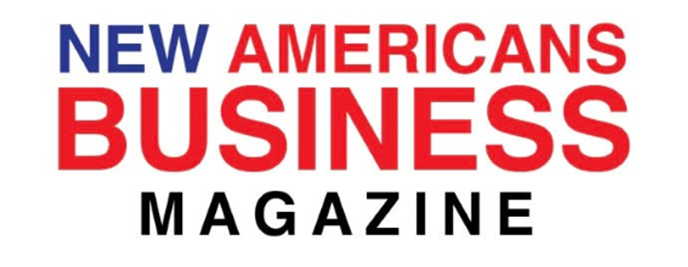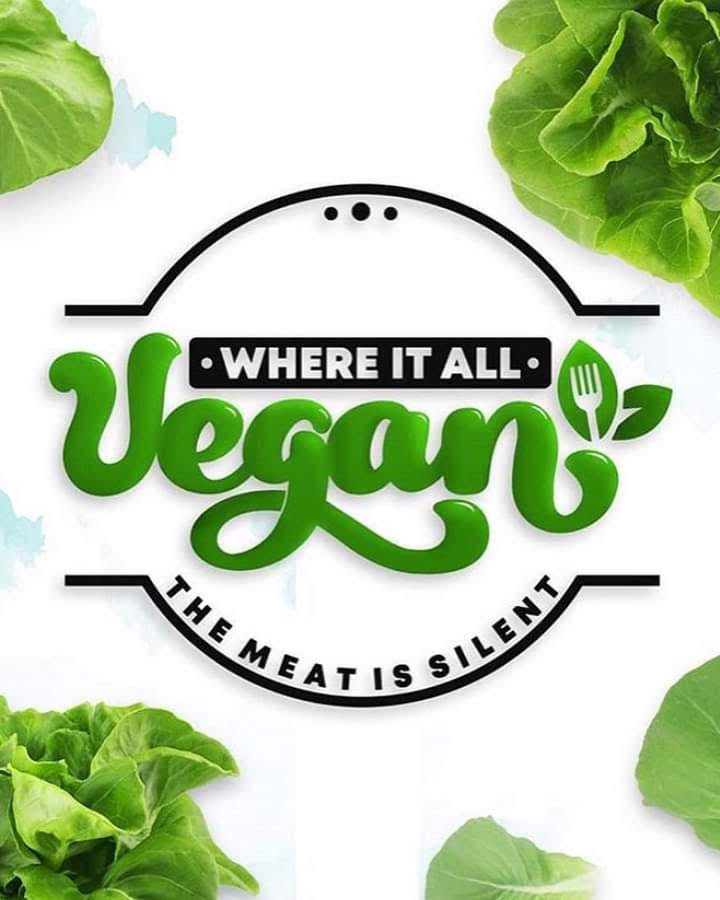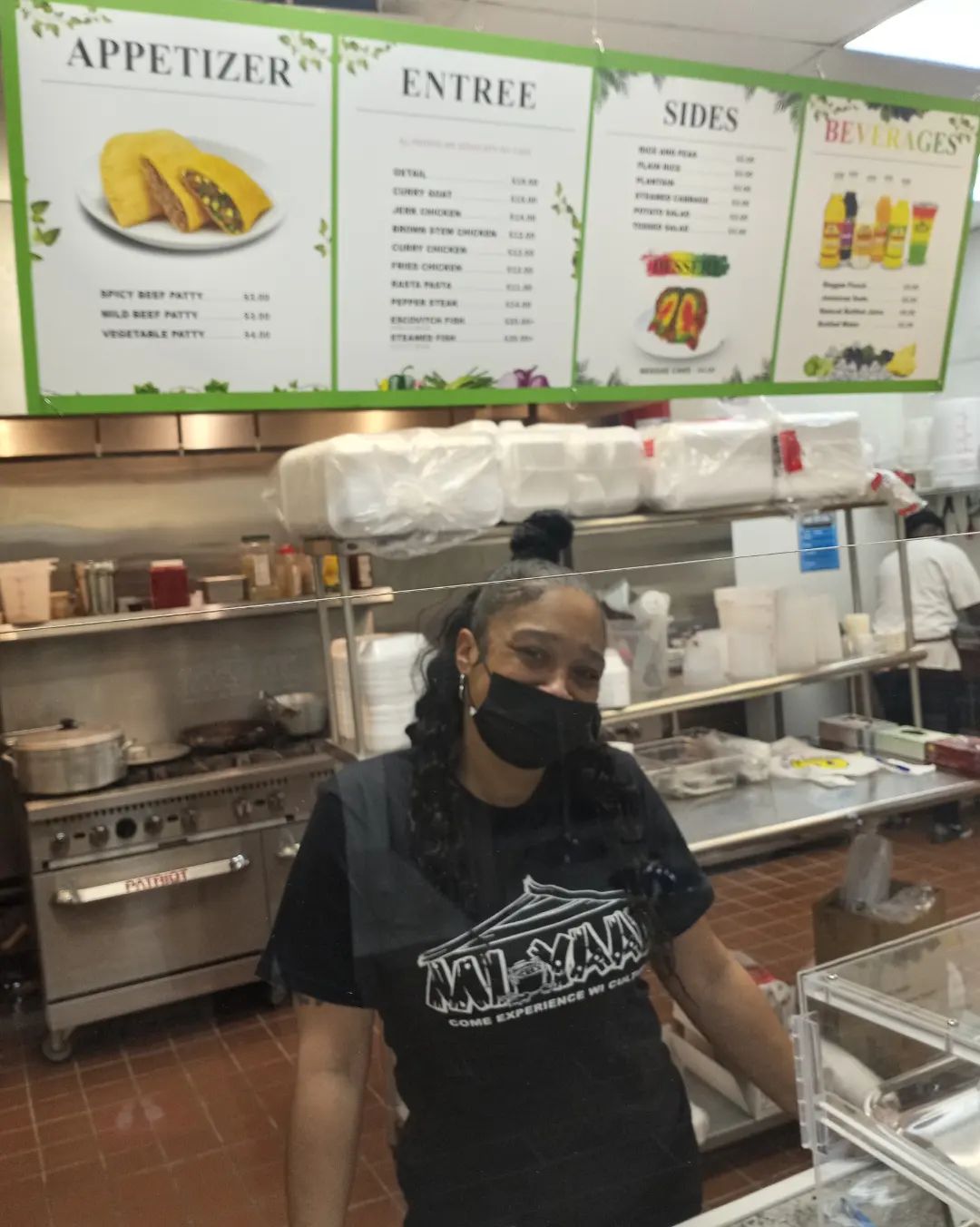
The City of Columbus will resume the Outdoor Seating Pilot Program first implemented last year to allow restaurants use of the right of way for temporary on-street dining areas or their parking lots to expand seating beginning on March 15,
“The pilot program successfully allowed patrons to support local restaurants, with more socially distanced outdoor seating in place to help prevent COVID-19 transmission,” said Mayor Andrew J. Ginther.
“Resuming the program as warm weather approaches will help these businesses and their employees continue to rebound from the pandemic’s impact.”
The pilot program in 2021 will operate the same as in 2020. Restaurants and bars may apply for expedited City of Columbus approval to use the right of way for temporary outdoor on-street dining or their parking lots for expanded seating. A completed application with a site plan that shows the proposed layout of the outdoor dining area will be reviewed by the appropriate city department or division. The city will waive the permit fee this year.
“The Right-of-Way Permits Office in the Department of Public Service is prepared again to quickly process restaurants’ applications for on-street dining, so they are able to safely seat more customers as soon as possible,” said Director Jennifer L. Gallagher.
All temporary outdoor seating areas must comply with the pilot requirements and with state and local health requirements intended to slow or prevent COVID-19 transmission.
“The Columbus restaurant community is looking forward to restarting on-street dining and expanded patios this March. Operators pledge to safely serve guests and the expanded space helps keep restaurant workers employed. Additional sales opportunities give restaurants a better chance to survive the pandemic as they continue to serve the Columbus community and add to the vibrancy of our neighborhoods,” said John Barker, President/CEO, the Ohio Restaurant Association.
“The ORA was glad to partner with city leadership last fall to help get this pilot program initiated and we look forward to helping restaurants navigate the process this spring.”
In 2020, seven restaurants had permits approved for on-street dining, and 18 restaurants were approved for expanded seating in their parking lots.
The pilot for restaurants using the right of way for on-street dining areas ended last November. Restaurants must apply for a new permit to participate in 2021. Restaurants that gained approval in 2020 to use their private parking lots must reapply after their 90-day occupancy period expires.
Pilot program conditions remain in place from 2020. For use of the right of way and sidewalk they include:
- The pilot program is applicable to restaurants on city streets with speed limits of 30 mph or less.
- All locations must be in an existing parking lane and will be reviewed on a case-by-case basis.
- “Edge buffers,” or barriers, are required to maintain a safe distance between vehicular traffic and patrons. In 2021, the city will fund and place the barriers.
- Dining areas cannot block vehicle or pedestrian traffic or impede ADA access.
- All entities are required to return the public property to its original condition upon conclusion of the pilot or use.
Conditions for expansion on private property or into parking lots include:
- No more than 25% of required parking spaces may be used.
- Accessible parking spaces are not to be obstructed or approved alternative spaces of the same dimensions must be provided elsewhere on the parcel.
- Tents are allowed with 75% of tent sides remaining open when in use or demonstrate 12 air exchanges per hour to ensure clean air.
- Temporary dining area does not increase the current establishment maximum capacity.
All applications and/or questions for expansion into the right of way or sidewalks can be submitted online at https://portal.columbus.gov/permits/. All applications and/or questions to expand patios into parking lots or on private property shall submit a summary email to DLDaniel@Columbus.gov for an initial review.
The expanded outdoor dining opportunity is available for restaurants and bars. All federal, state and local laws must be adhered to.




